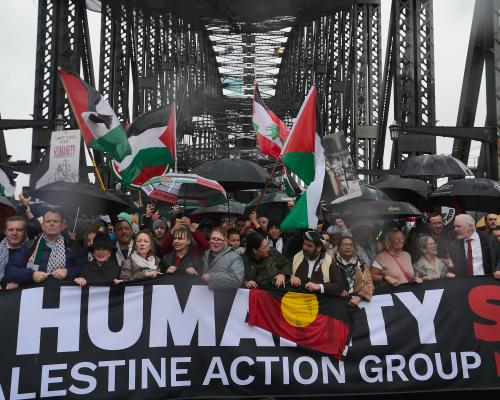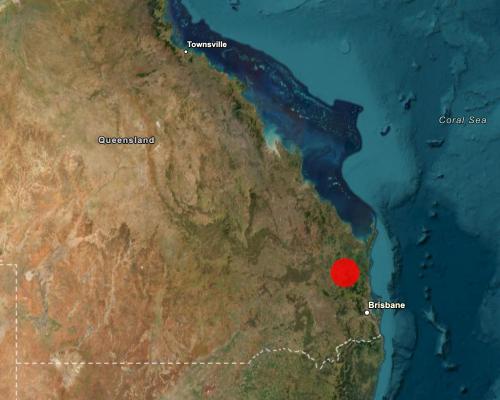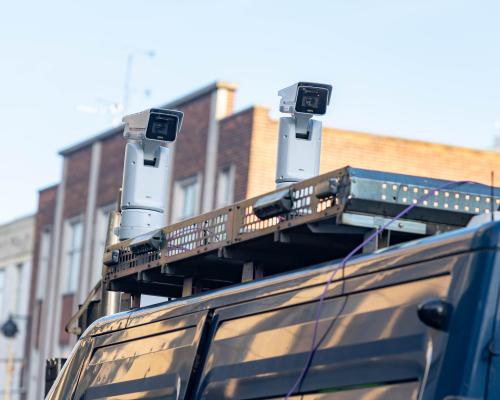
The New South Wales premier, Chris Minns, has stared down a revolt among his backbench over his handling of the weekend march across the Sydney Harbour Bridge, with caucus agreeing to a more moderate motion acknowledging the protests.
Members of the right and some of the left faction had sought to move a motion condemning the destruction of Gaza and the “Israeli government’s endorsement of ethnic cleansing of Palestinians from the territory”.
It condemned all crimes against against humanity, including genocide, the murder of civilians and hostage taking.
The motion also called for a recognition of the right to protest and called on the Minns government to begin work on options for a human rights bill, similar to Victoria.
But the motion was effectively removed from consideration by caucus and a far more modest motion, which recognised the scale of the protests, was passed.
Sign up: AU Breaking News email
About a dozen caucus members voiced their unhappiness at the premier’s willingness to block the march and prioritise public safety over the right to protest.
In the first two years of his government, Minns has enjoyed very solid support from his party and, through his top-down style, has avoided outbreaks of dissent from his backbench.
But the huge public turnout emboldened backbenchers to express their concern about Minns’ stance to block the protests.
Police estimated 90,000 people took part, while organisers estimated it was closer to 300,000.
Meanwhile the NSW opposition put forward a private member’s bill in parliament on Tuesday morning to amend the summary offences act, which deals with approving protests.
The bill proposed to limit each cause to three protests a year, with organisers potentially liable to pay for the costs of policing if more protests were held, unless a court ruled it could go ahead.
The opposition leader, Mark Speakman, said that every dollar spent on managing public safety at protests meant police resources were being drained from domestic violence and fighting organised crime.
The government declined to support the opposition bill.
Prior to the march, 72 organisations, including all major NSW trade unions, civil rights organisations and community groups signed a letter by the Australian Democracy Network calling for the premier to ensure police facilitated the march going ahead, and criticising what they called the premier’s anti-protest agenda.





